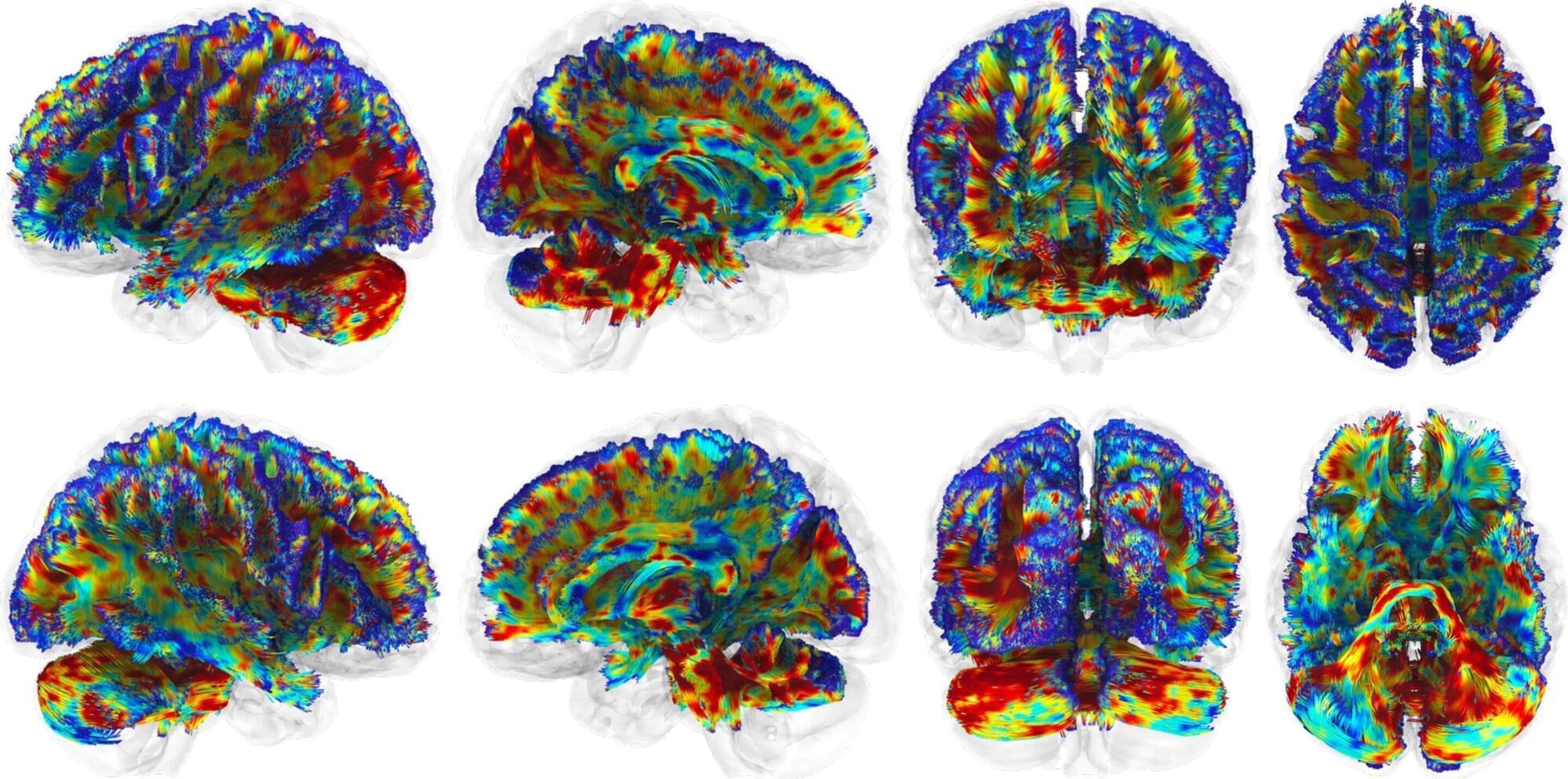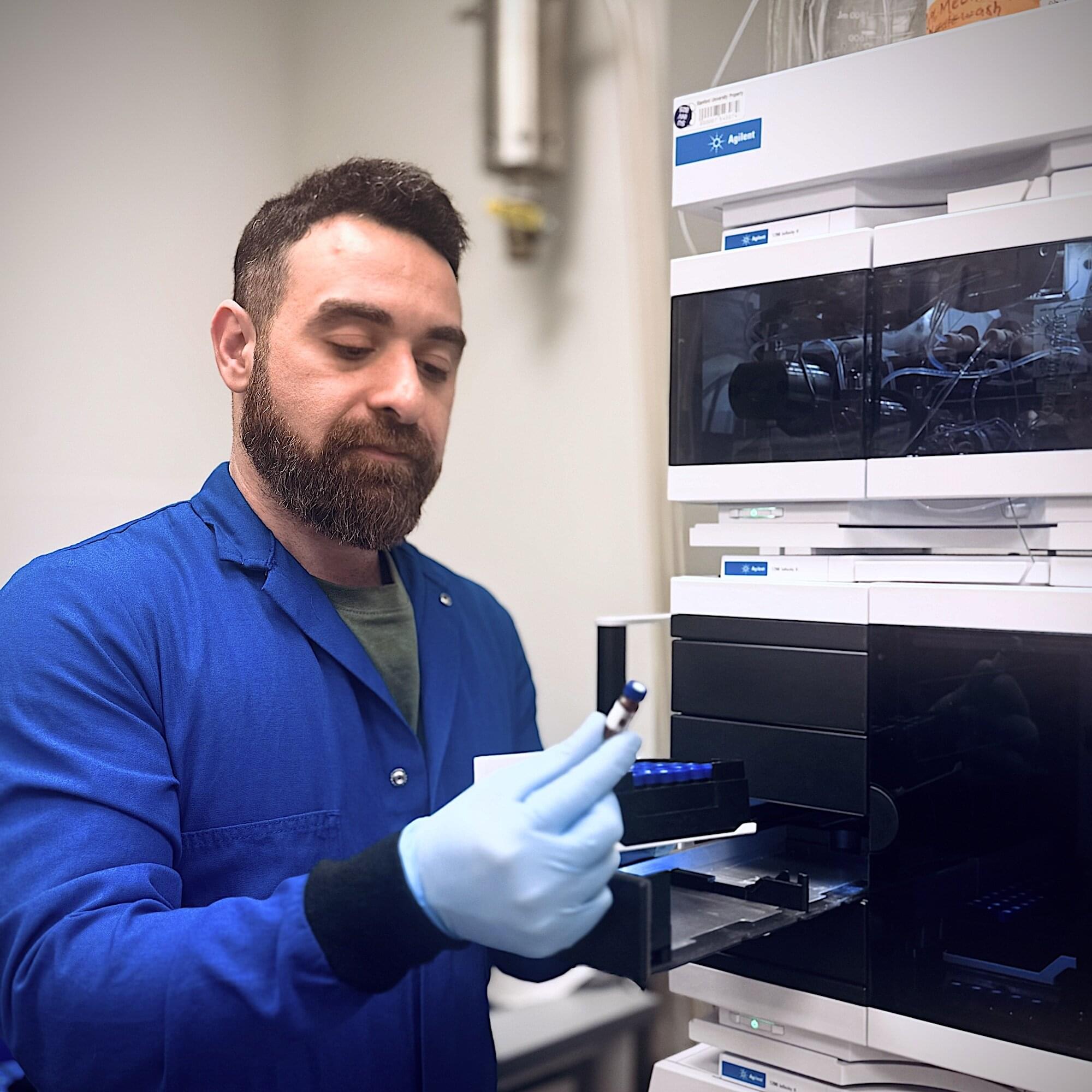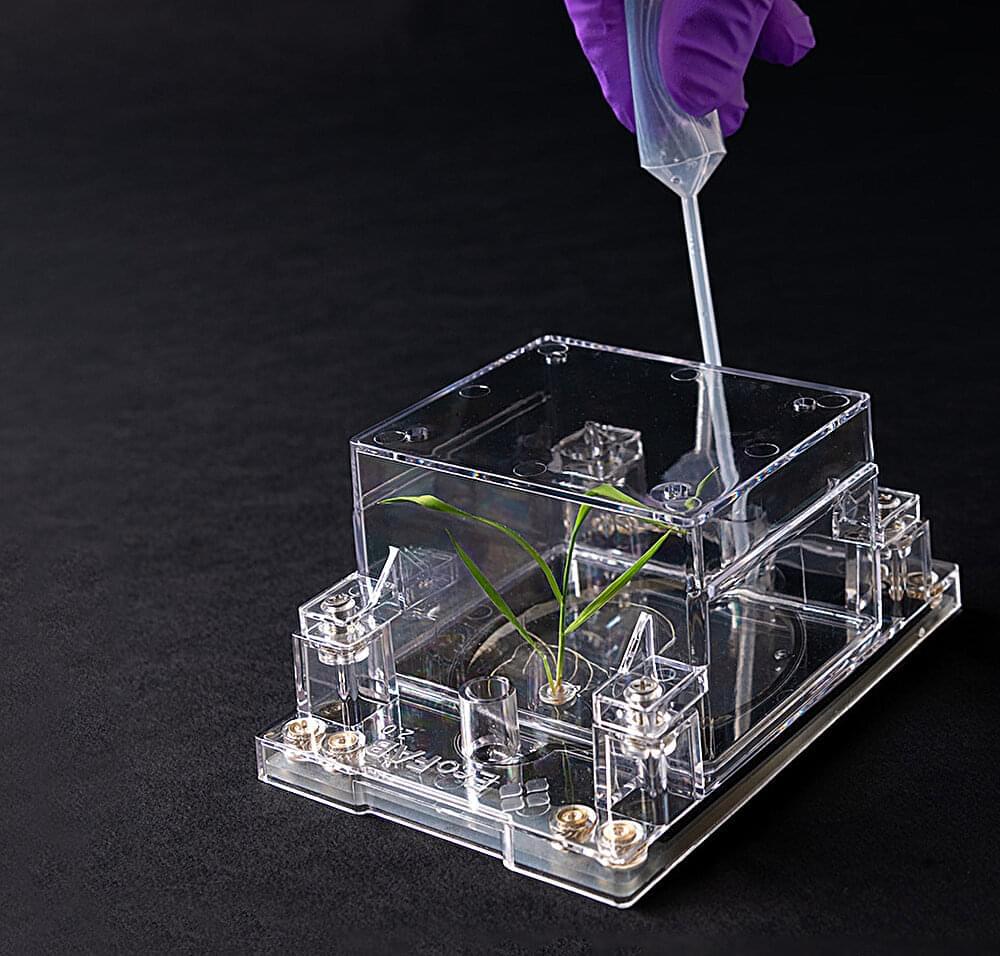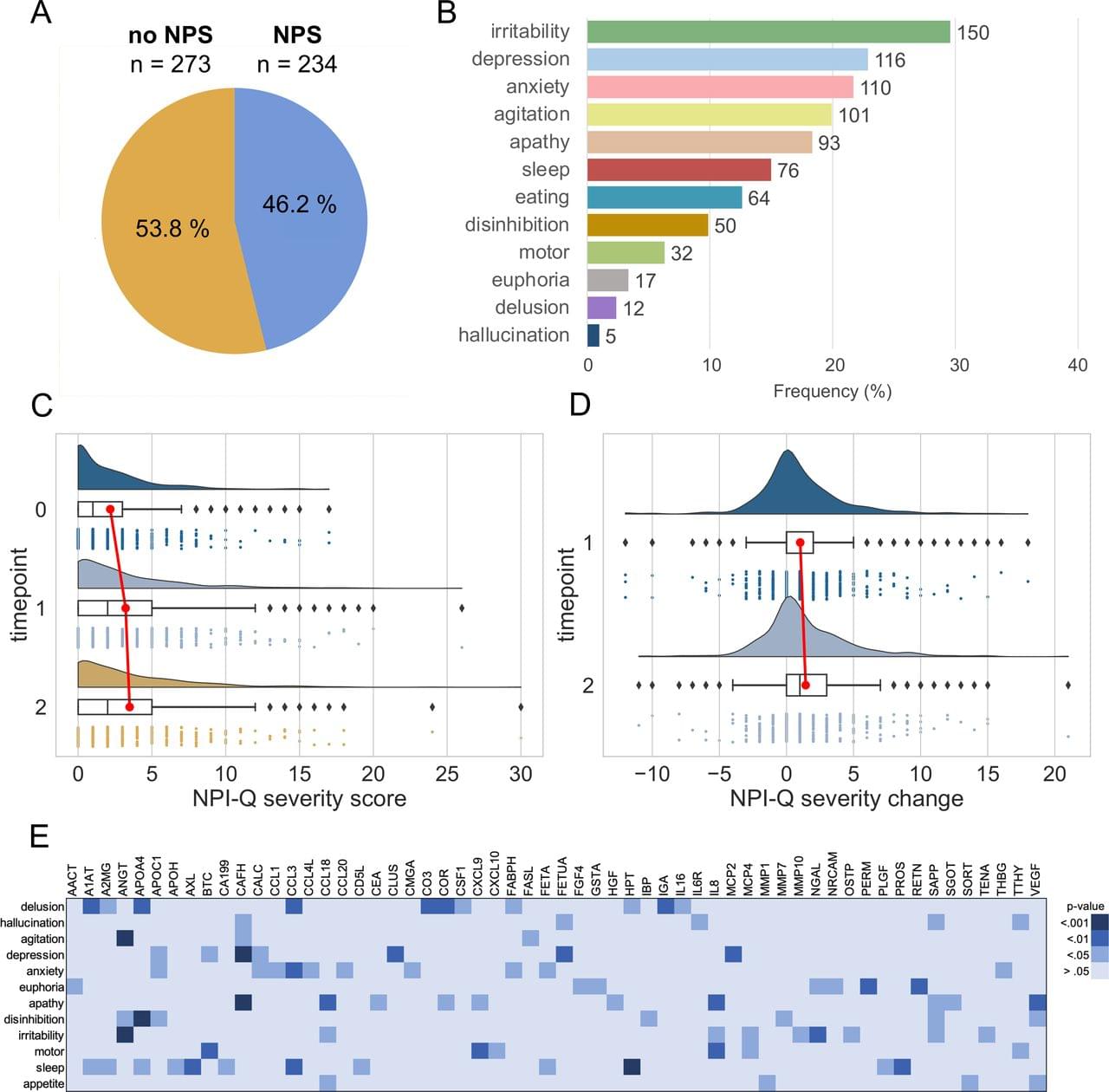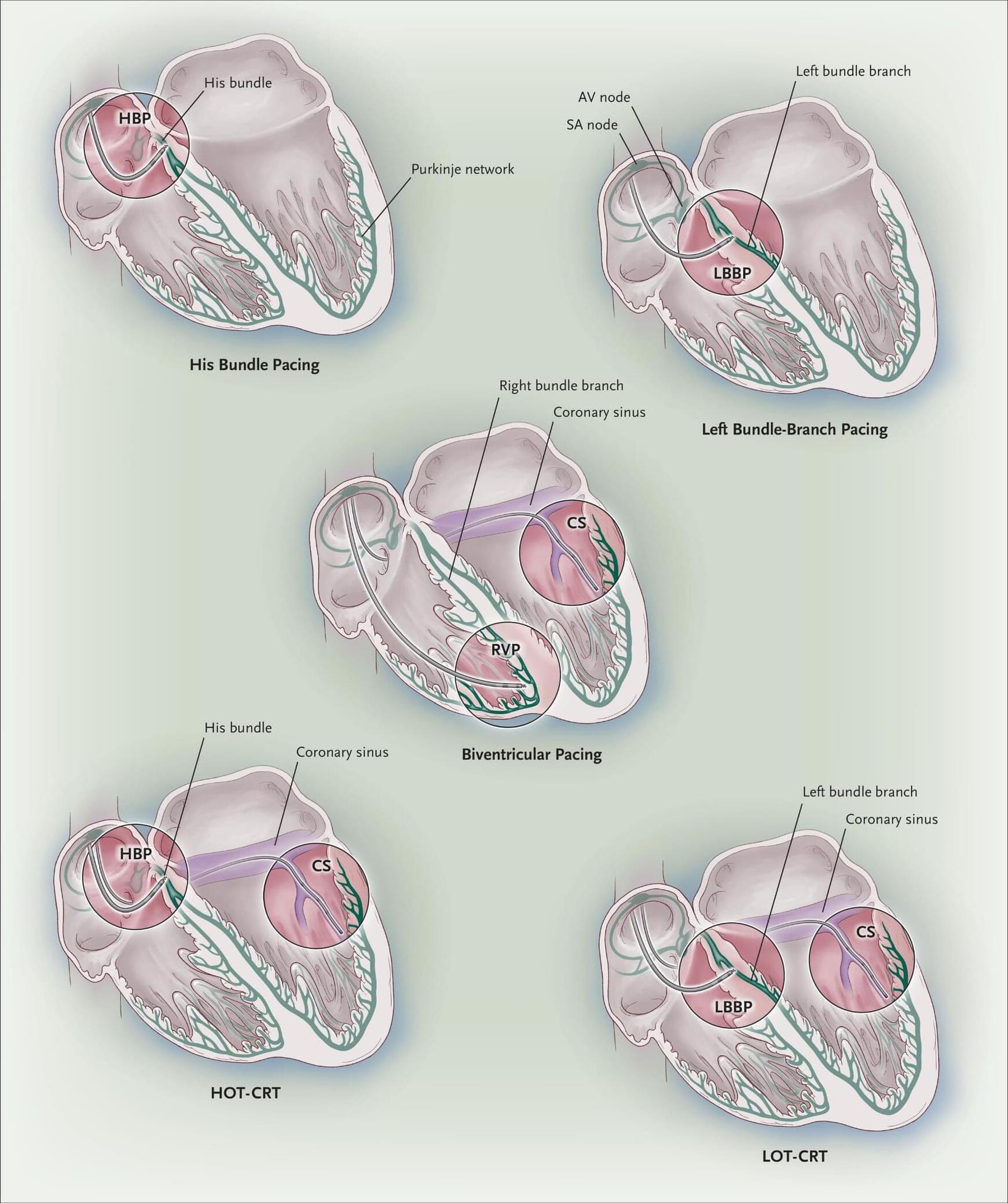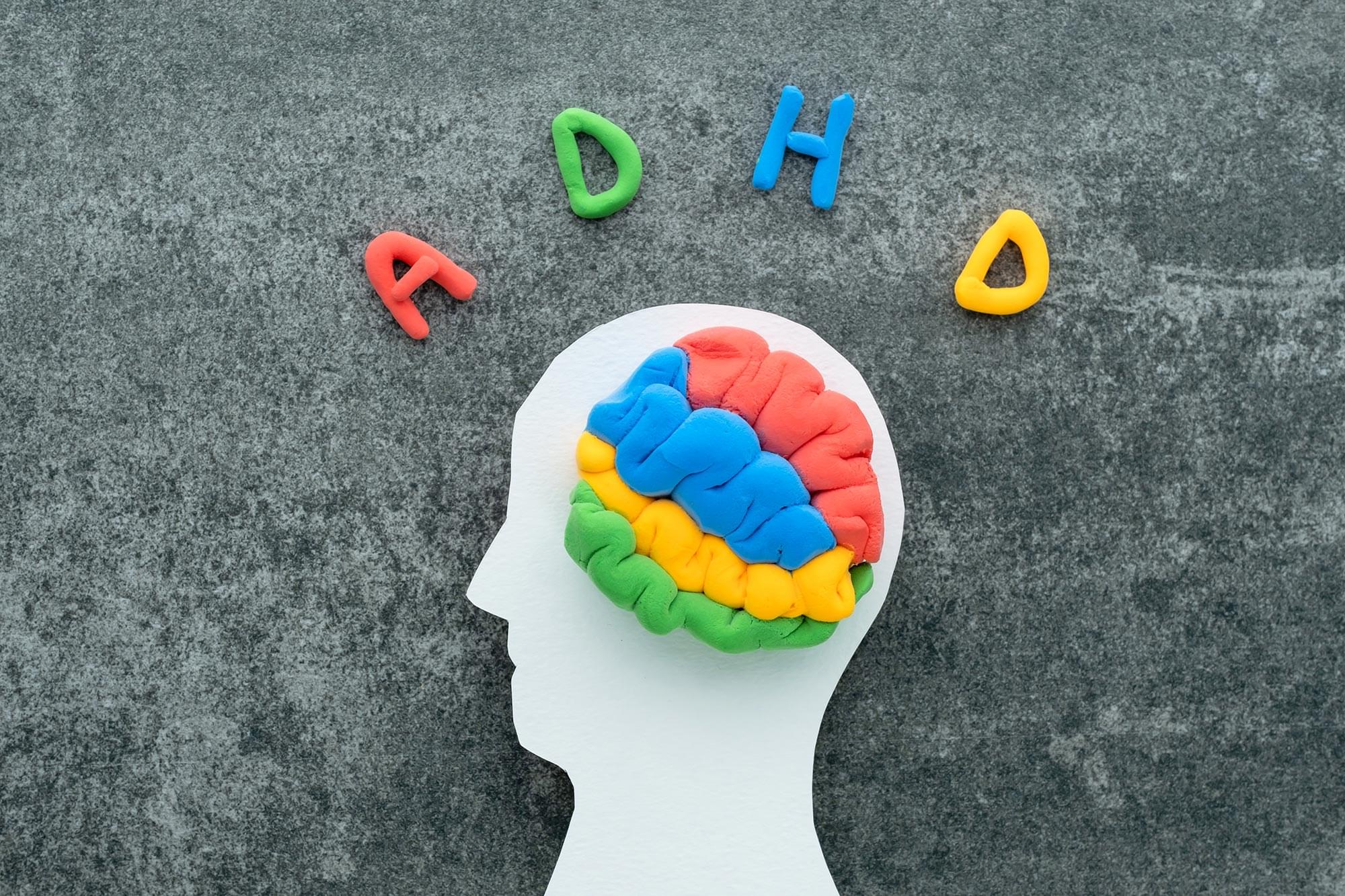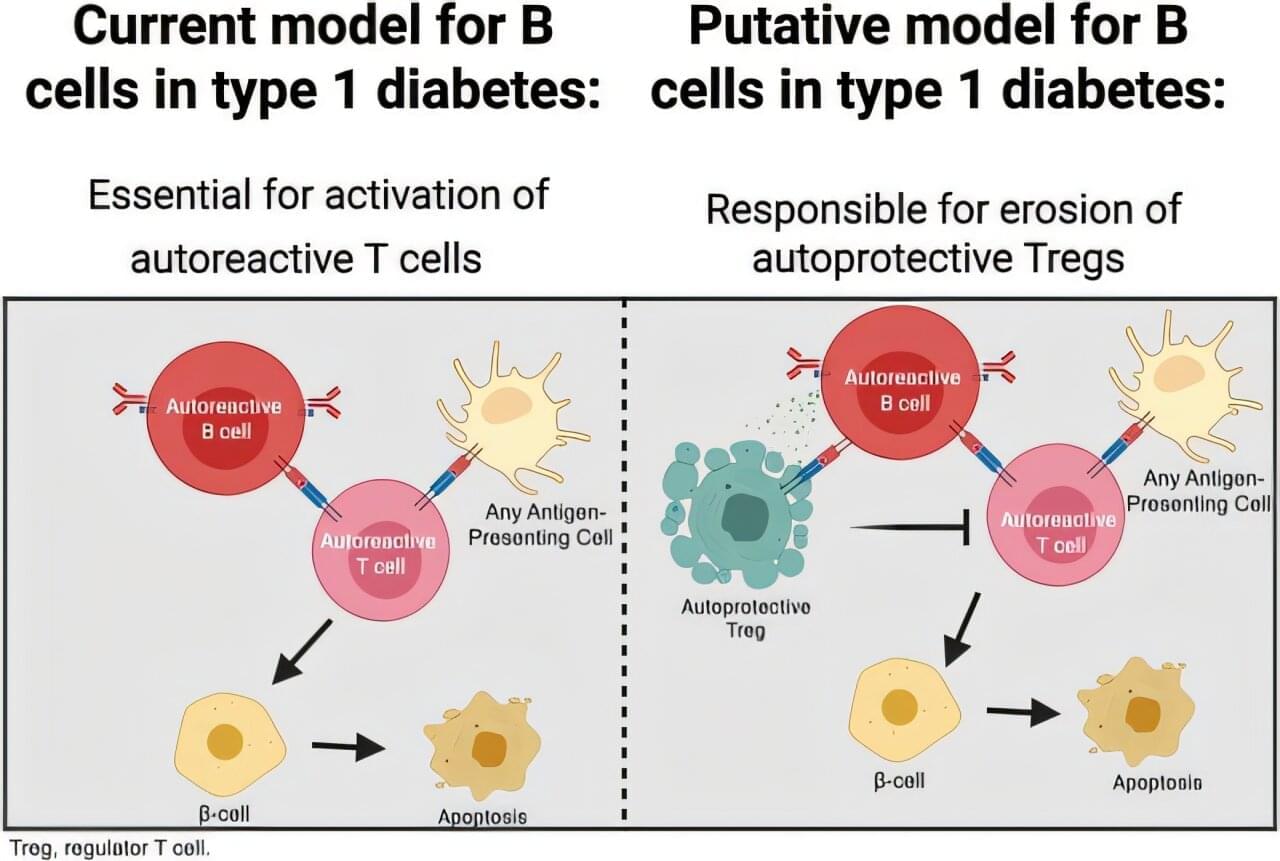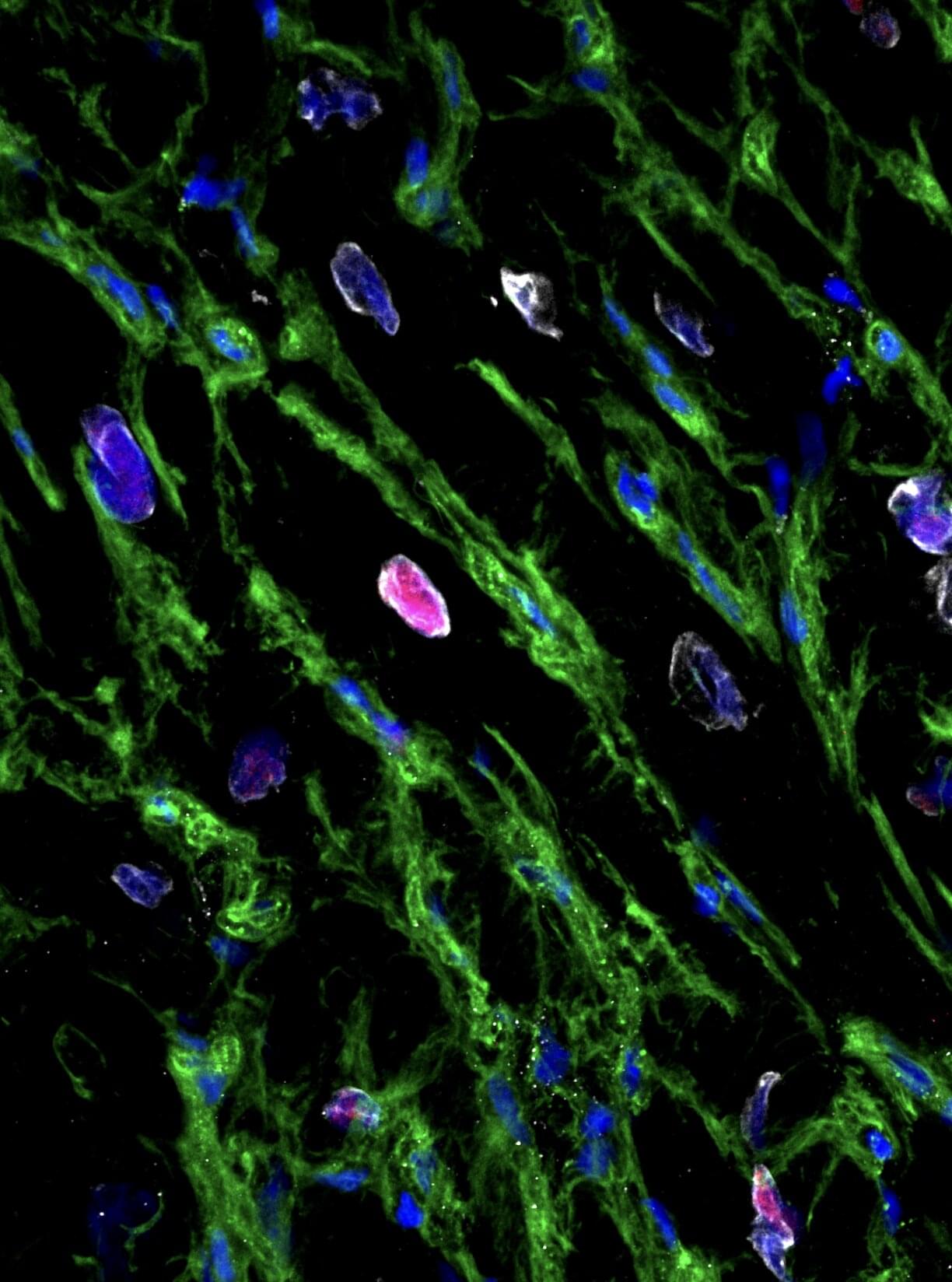Punch-drunk syndrome, boxer’s madness, chronic traumatic encephalopathy (CTE). The name has changed over the years, but the cause is clear: repeated impacts can affect long-term brain health, with symptoms ranging from confusion to memory loss and potentially dementia. More than 100 former NFL football players have been posthumously diagnosed with CTE.
What’s less clear is how to fix the problem. Even impacts that don’t directly affect the head may cause microscopic damage or initiate toxic processes that unfold over time, and current therapies for concussion and head impacts tend to address symptoms, like headache and balance issues, that can arise well after the initial injury.
But an unorthodox treatment called red light therapy, which shines powerful near-infrared light at the brain through the skull, may be able to prevent or reduce subtle damage to the brain before symptoms start, by reducing brain inflammation caused by repetitive impacts.
